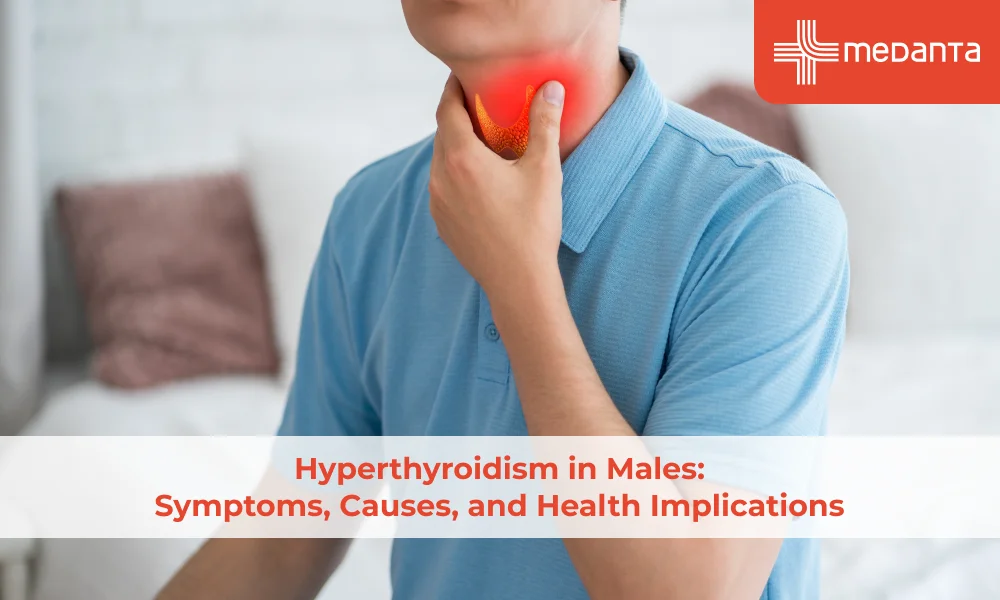Dyspnea - Types, Differential Diagnoses & Causes for Alarm
Respiration is perhaps the only vital function of our body which we have voluntary control over. This means sensations from the respiratory tract affect breathing. Any malfunction in this system causes breathing to become uncomfortable and noticeable, called dyspnea. Most cases of shortness of breath occur due to heart and lung conditions.
How will your doctor assess your Dyspnea?
Your doctor will try to find the cause of dyspnea by first asking you questions to help classify the condition.
You will be asked if this started suddenly or over time
Whether the dyspnea exists throughout the day or occurs occasionally
If it happens sometimes, what the frequency is
You will be asked in which position you feel the shortest of breath
Whether you experience shortness of breath after an emotional event
About other symptoms you may have in your breathing
About your sleep habits
About the health history of yourself and your family
What is Acute Dyspnea?
If your breathing difficulty starts suddenly and is severe, it may be the warning sign of a more significant cardio-pulmonary malfunction that could be life-threatening. Some warning signs include confusion, bluish colouration of skin or lips, difficulty breathing while speaking, and respiratory exhaustion. Your BP, oxygen saturation and heart rate will be checked immediately. Your respiratory rate at admission is also an indicator of how well the situation can improve.
Your doctor may recommend additional tests like cardiac markers to rule out severe conditions.
Acute dyspnea can occur due to:
Intense allergic response or anaphylaxis
Attack of asthma
Carbon monoxide poisoning
Cardiac tamponade (excess fluid around the heart)
COPD (chronic obstructive pulmonary disease)
COVID-19
Heart arrhythmia (rhythm problems)
Heart failure
Pneumonia (and other lung infections)
Pneumothorax (collapsed lung)
Pulmonary embolism (clot in a lung artery)
Sudden blood loss
Upper airway obstruction (blockage in the breathing passage)
What is Chronic Dyspnea?
Dyspnea is called chronic when it lasts weeks or longer. If your breathing difficulty started gradually and has been increasing, the causes may differ.
Some of the conditions that lead to chronic dyspnea include:
1. Conditions affecting the lung and airways:
COPD
Interstitial lung disease
Pulmonary fibrosis
Pleural effusion
Bronchiectasis
Cystic fibrosis
Chronic infections like tuberculosis
2. Conditions affecting the heart:
Heart failure (chronic)
Chronic arrhythmia
3. Other factors
Obesity
Anxiety and Panic disorders
What are the other conditions that can lead to difficulty in breathing?
1. Problems with the lungs:
Upper airway infection
Inflammation of the membranes that cover the lungs
Pulmonary oedema
Pulmonary hypertension
Lung cancer
2. Problems with the heart:
Pericarditis
3. Other conditions:
Broken ribs
Choking
Infections in the airways
Foreign object inhalation
Guillain-Barre syndrome






